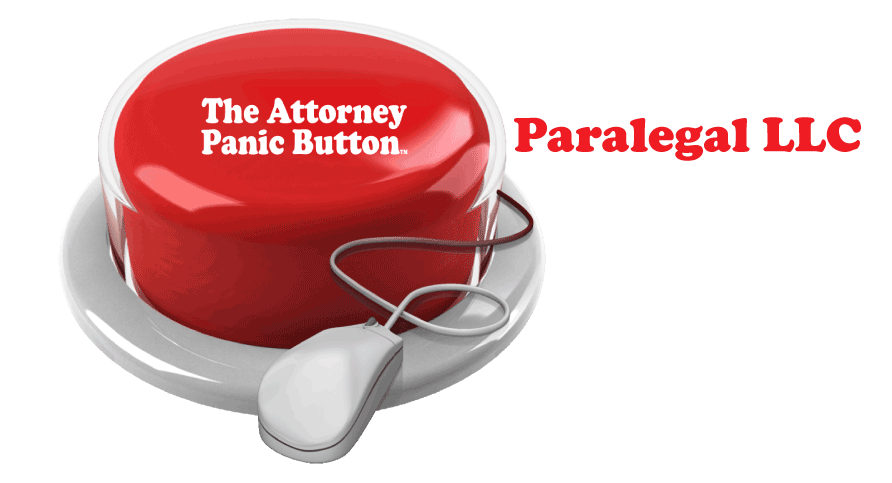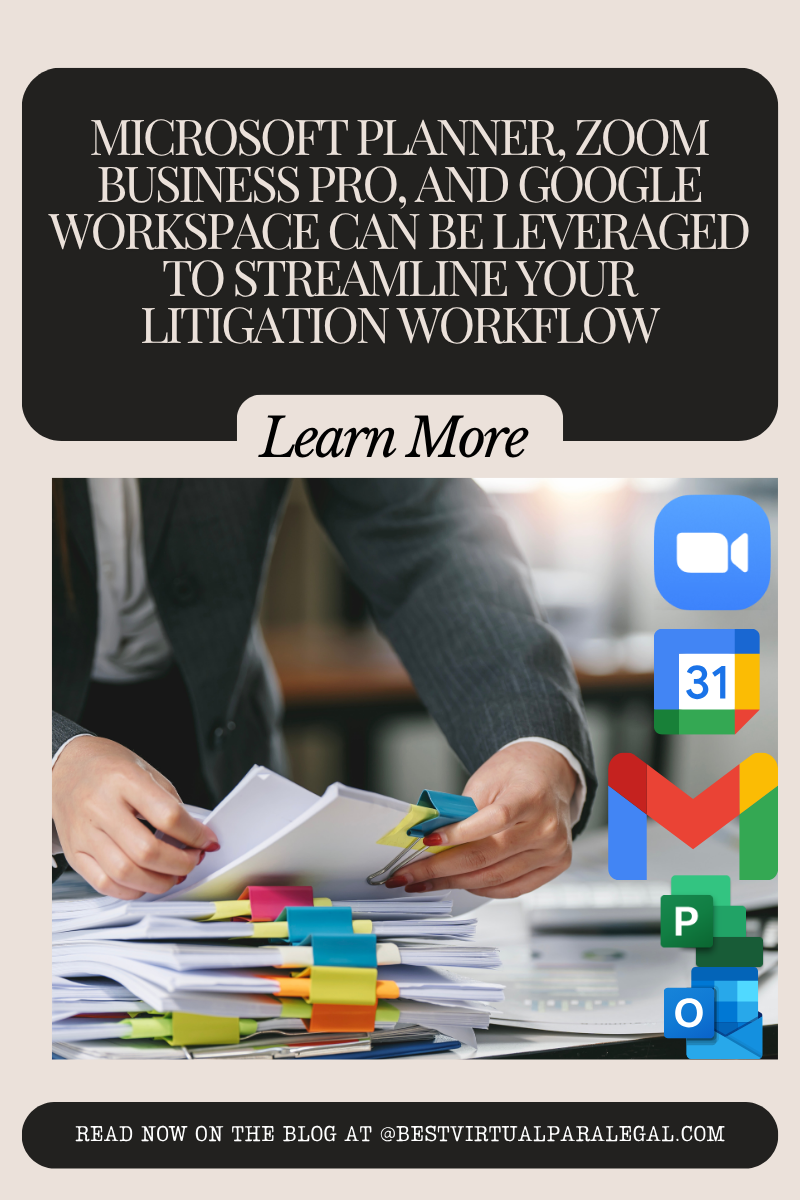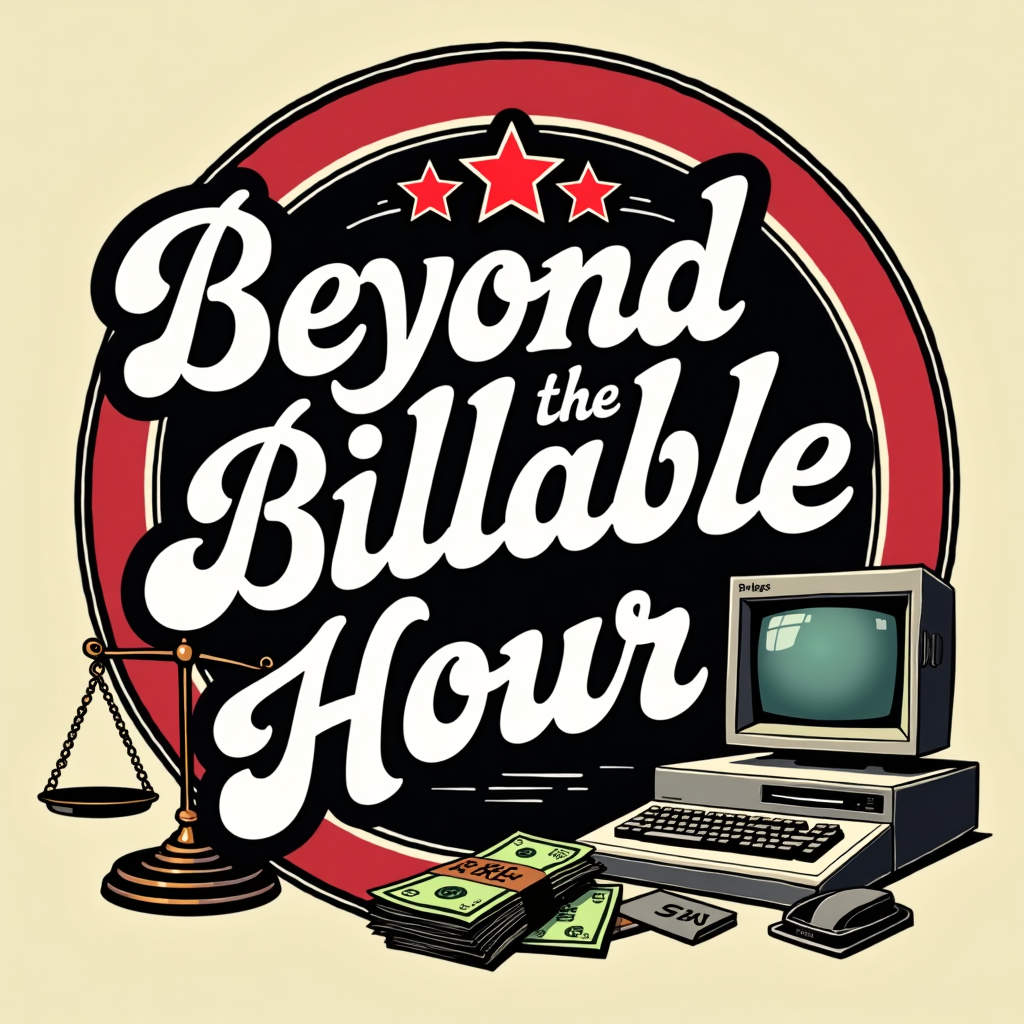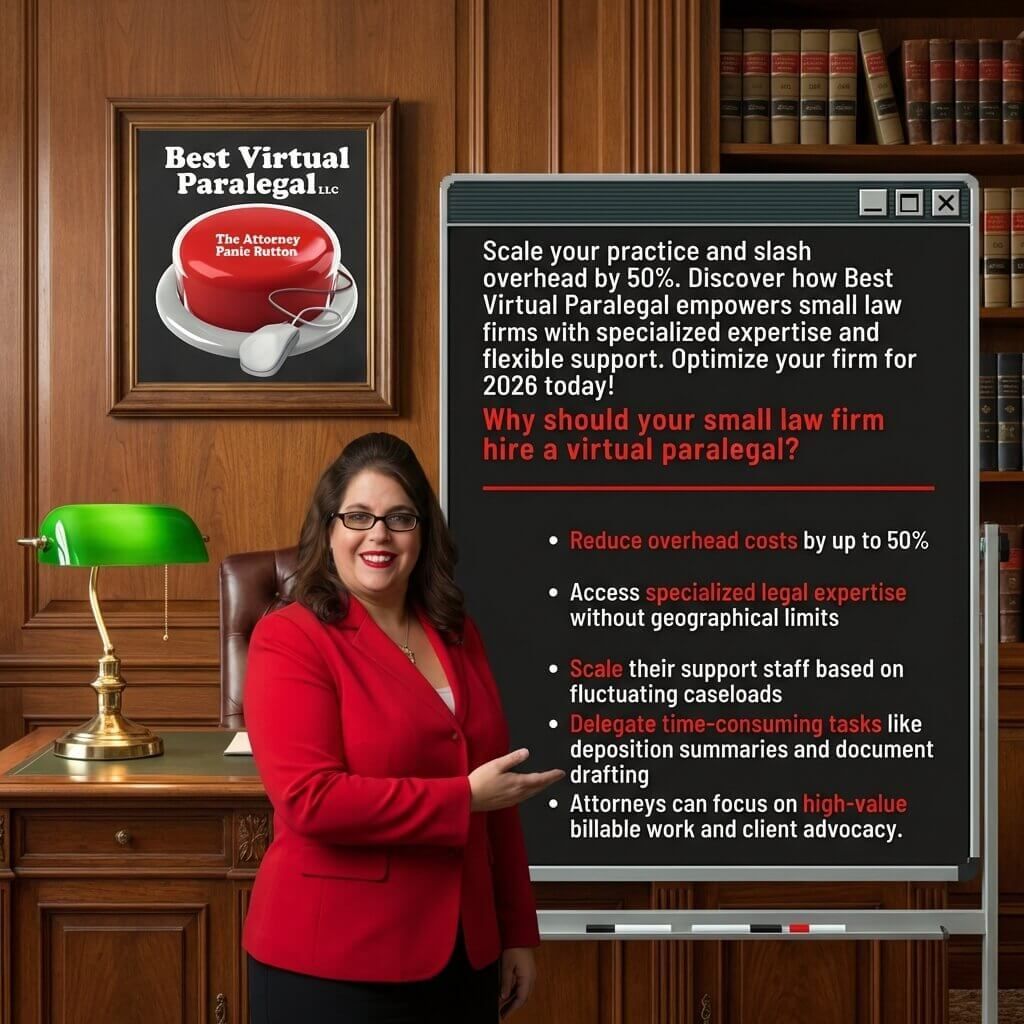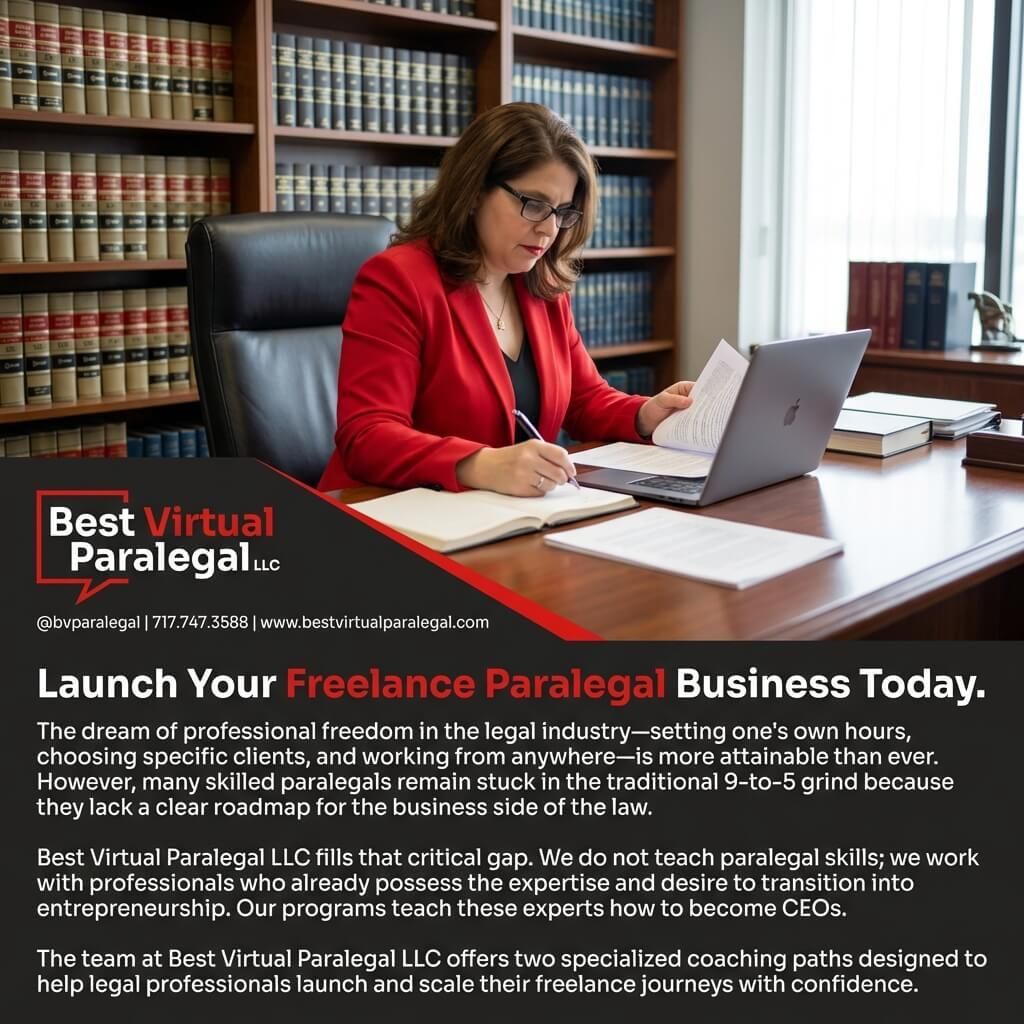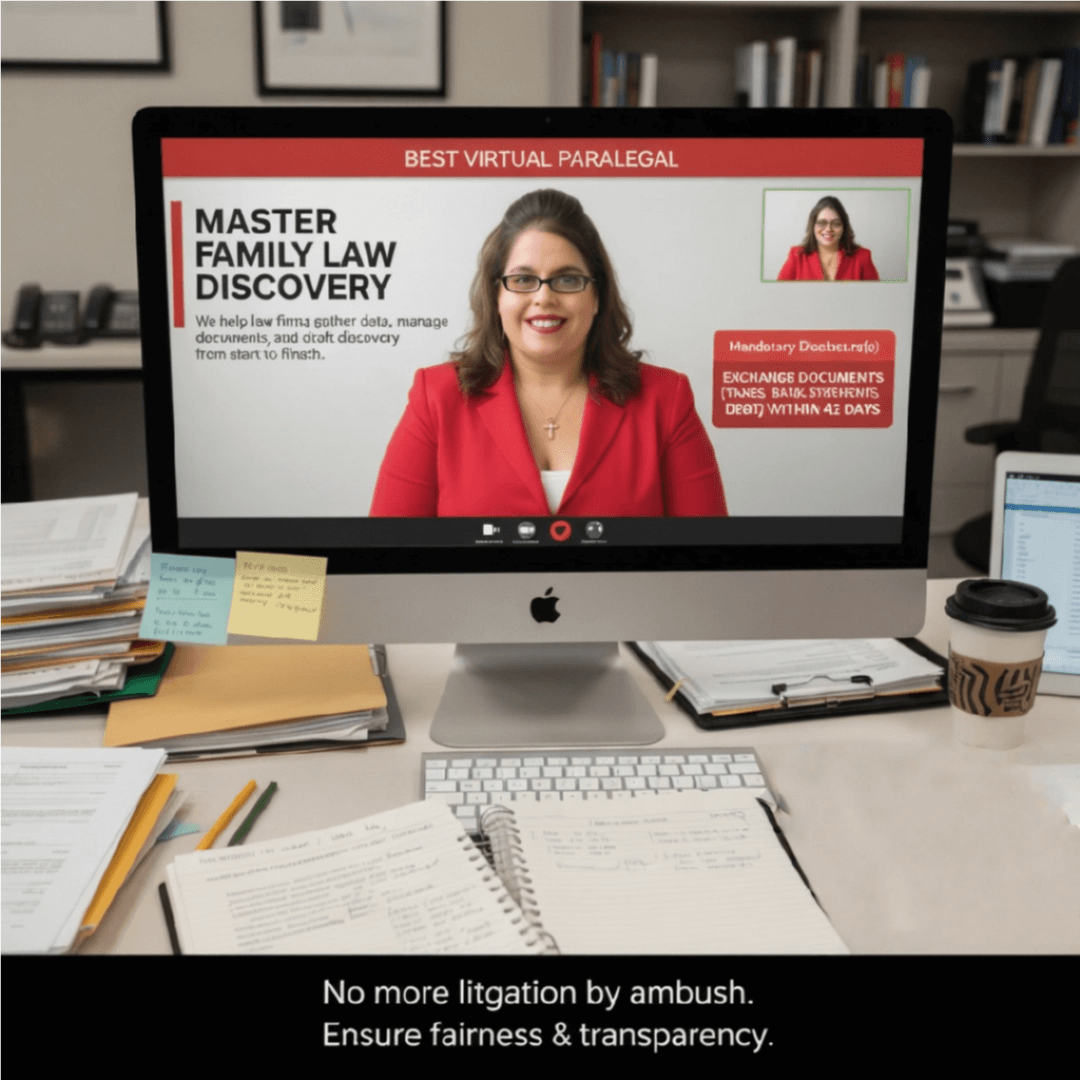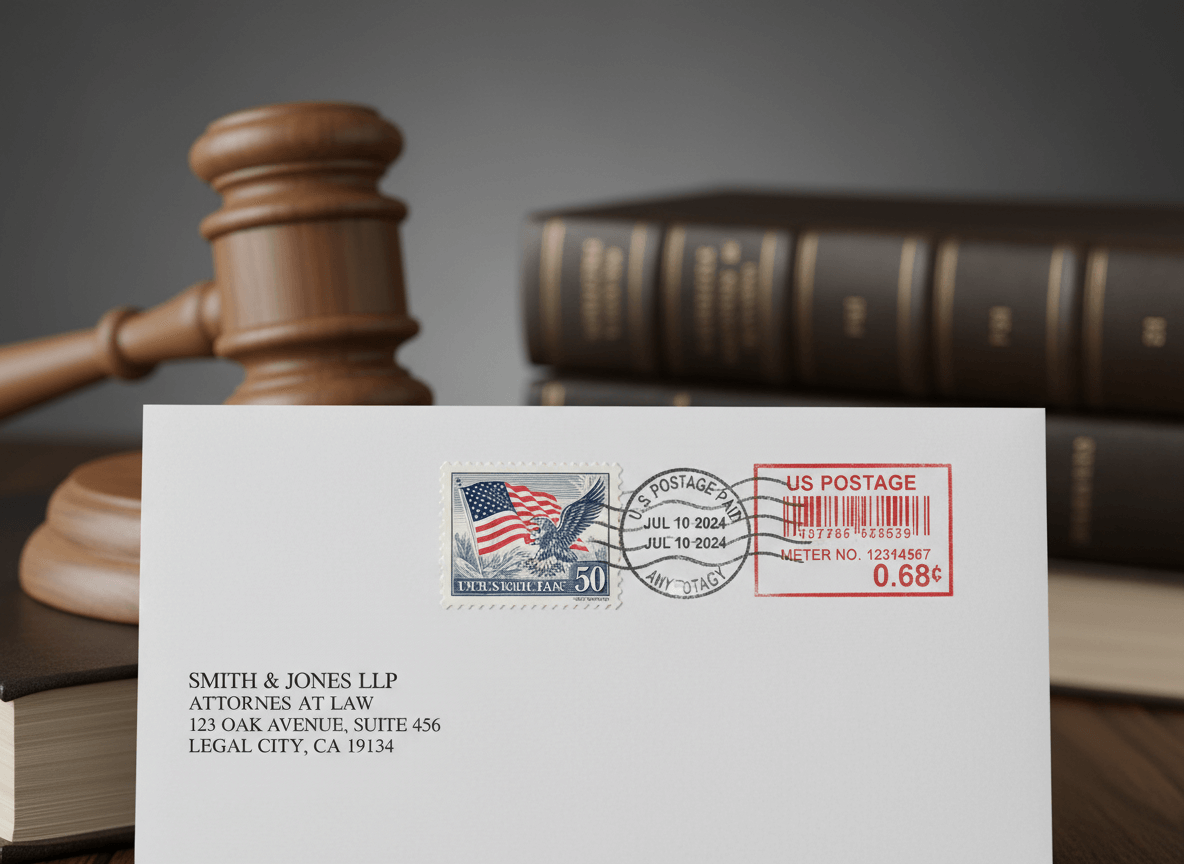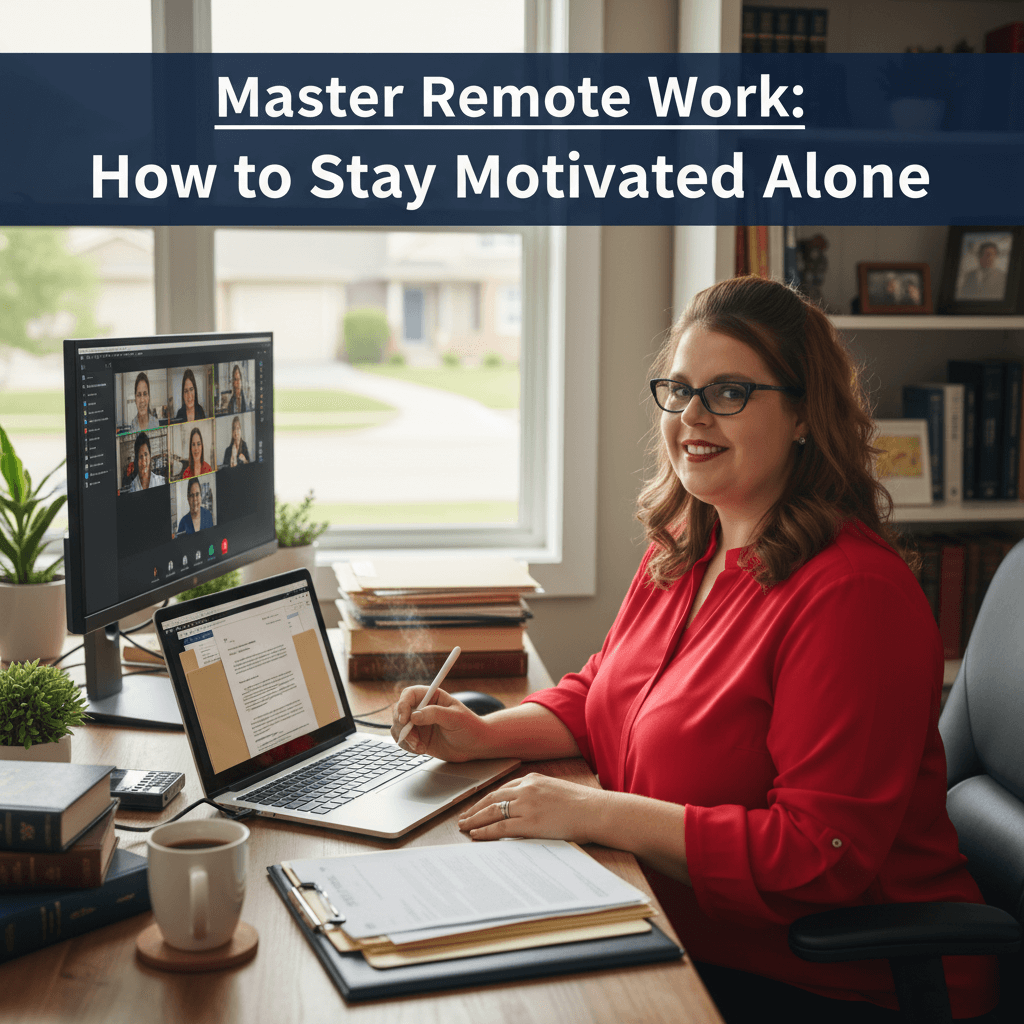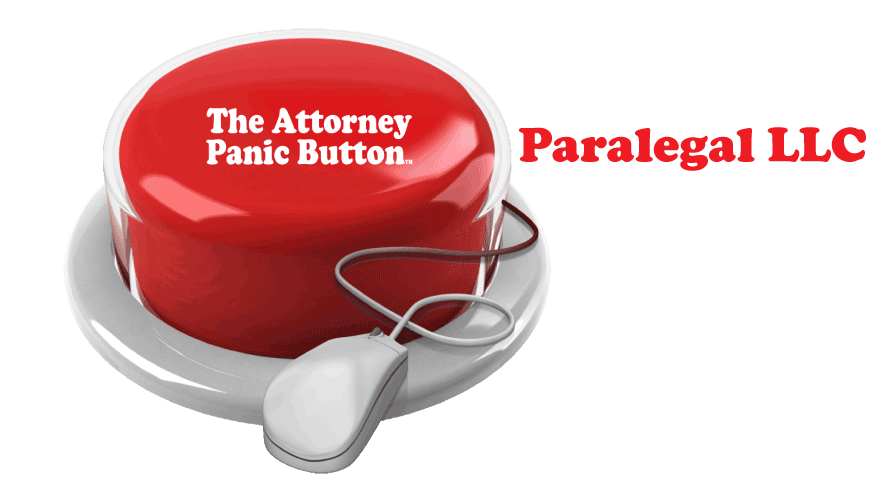Navigating Litigation: Your Tech Toolkit for Task & Deadline Management
Master litigation task management. We compare Microsoft Planner, Google Workspace, and Zoom as your tech toolkit to manage legal deadlines & workflows.
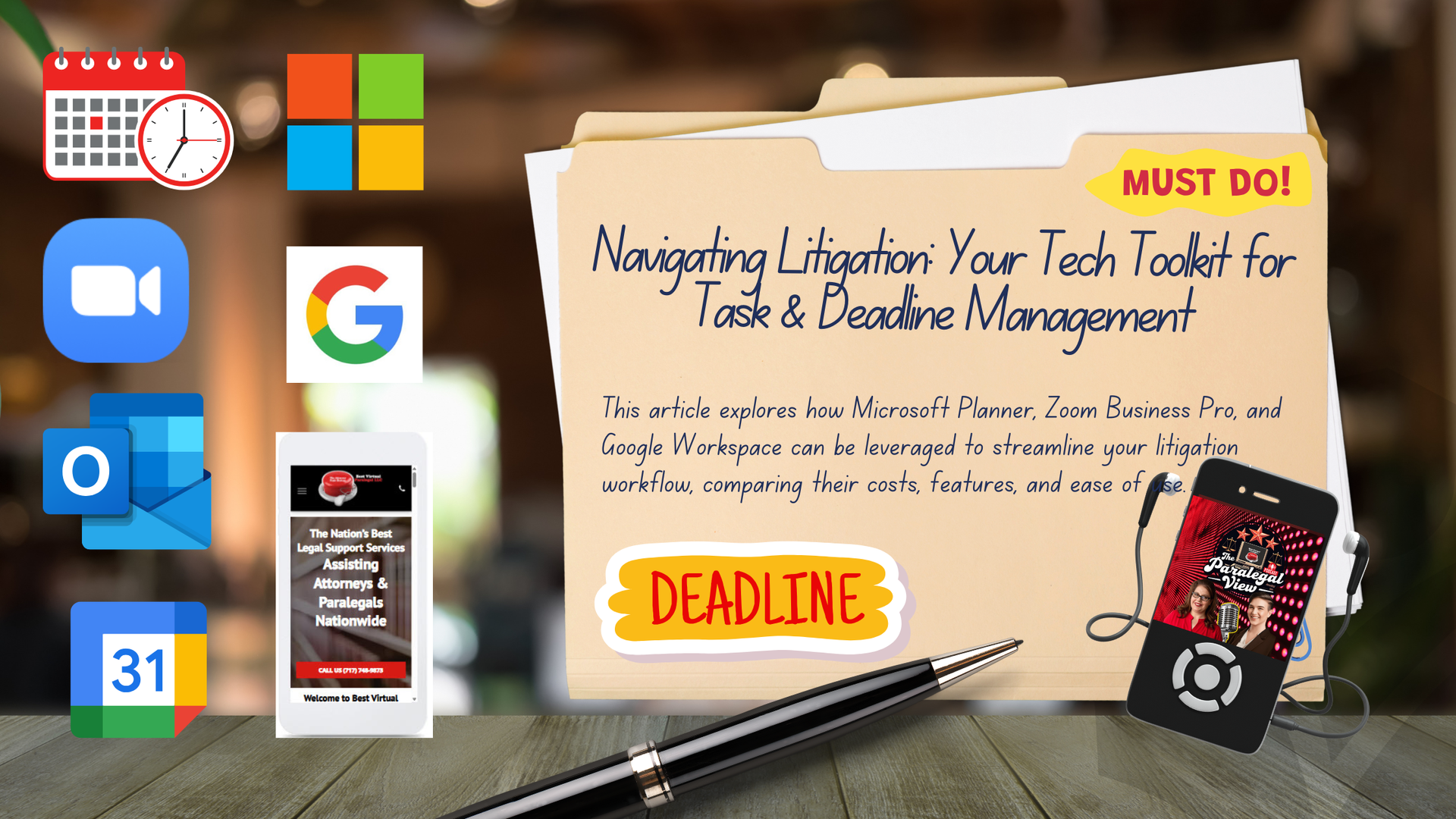
Litigation is a high-stakes arena, where missing a deadline can have severe consequences. For attorneys and paralegals, efficient task, and deadline management isn't just a good practice—it's essential for success. This article explores how Microsoft Planner, Zoom Business Pro, and Google Workspace can be leveraged to streamline your litigation workflow, comparing their costs, features, and ease of use.
The Challenge: Juggling Tasks and Deadlines in a Dynamic Environment
Legal professionals are constantly balancing multiple cases, each with its own set of discovery deadlines, court appearances, filing requirements, and research tasks. Traditional methods, such as physical calendars and handwritten to-do lists, are prone to error and difficult to scale. The right technology can transform this chaotic environment into a well-organized and highly productive operation.
Option 1: Microsoft Planner—A Visual Approach to Project Management
Microsoft Planner, often included with Microsoft 365 subscriptions, offers a visually intuitive way to manage tasks. It's built around "boards," where tasks are represented by cards that can be moved between columns (e.g., "To Do," "In Progress," "Completed").
Key Features for Litigation Management:
- Task Assignment & Tracking: Easily assign tasks to team members, set due dates, and track progress.
- Checklists: Break down complex tasks into manageable sub-items.
- Attachments: Link relevant documents, emails, or case notes directly to tasks.
- Integration: Seamlessly integrates with other Microsoft 365 applications like Outlook and Teams, allowing for reminders and communication within the same ecosystem.
- Visual Dashboards: Get a quick overview of team workload and project status.
Cost: Included with most Microsoft 365 Business plans, starting around $6.00 per user/month for basic plans that include Planner.
Efficiency: Excellent for visual thinkers and teams already invested in the Microsoft ecosystem. Reduces the need for separate tracking tools.
Ease of Use: Highly intuitive, with a drag-and-drop interface that's easy to learn.
Option 2: Google Workspace (formerly G Suite) – Collaborative Powerhouse
TGoogle Workspace provides a comprehensive suite of cloud-based tools, including Gmail, Calendar, Drive, Docs, and Sheets, which can be powerfully combined for litigation management. While Google Workspace doesn't have a direct equivalent to Planner, its individual components can be used synergistically.
Key Features for Litigation Management:
- Google Calendar: The cornerstone for deadline management. Create shared calendars for specific cases, invite team members, and set multiple reminders.
- Google Tasks: Simple task list integration within Gmail and Calendar for personal task management.
- Google Sheets: Create sophisticated tracking spreadsheets for cases, deadlines, discovery logs, and exhibit lists.
- Google Drive: Centralized document storage and sharing, crucial for case files.
- Google Docs: Collaborative document creation and editing, ideal for drafting pleadings or memos.
- Meet: Integrated video conferencing for team discussions and client consultations.
Cost: Business Starter plans begin at $6 per user/month, offering a robust suite of tools.
Efficiency: Exceptional for teams that prioritize cloud collaboration and real-time document sharing. The interconnectedness of the apps reduces context switching.
Ease of Use: Generally very user-friendly, especially for those familiar with Google's consumer products.
Option 3: Zoom Business Pro – Beyond Video Conferencing
While primarily known for video conferencing, Zoom Business Pro offers features that can indirectly support litigation task management, especially concerning meetings and client communication. While it doesn't offer direct task management features like Planner or integrated suite collaboration like Google Workspace, its strength lies in facilitating crucial discussions.
Key Features for Litigation Management:
- Reliable Video Conferencing: Essential for client meetings, depositions, court hearings (where permitted), and team check-ins.
- Meeting Recording & Transcripts: Record important discussions for later review, especially useful for client instructions or strategy sessions. Automated transcripts can save significant time.
- Breakout Rooms: Facilitate internal team discussions during longer meetings.
- Screen Sharing & Annotation: Collaborate on documents or exhibits during virtual meetings.
Cost: Zoom Business Pro starts around $199.99 per year per license, or approximately $16.67 per month.
Efficiency: Optimizes communication and eliminates geographical barriers, saving travel time and expenses. The recording feature can be a significant time-saver for review.
Ease of Use: Extremely user-friendly for joining and hosting meetings, even for less tech-savvy clients.
Comparing the Options: Which is Right for Your Firm?
| Feature | Microsoft Planner | Google Workspace | Zoom Business Pro |
|---|---|---|---|
| Primary Use | Visual Task & Project Management | Comprehensive Collaborative Suite (Docs, Sheets, Calendar, Drive, etc.) | Video Conferencing, Communication & Meeting Management |
| Cost (Monthly) | ~$6+ (part of M365) | ~$6+ | ~$16.67 |
| Task Management | Dedicated, visual boards, assignments, deadlines | Google Tasks (simple lists), Google Calendar (deadlines), Sheets (custom) | Indirect (via meeting follow-ups and recordings), tasks lists, dedicated, visual boards, assignments, deadlines; sheet/docs, visual boards and more with business pro |
| Strong integration within M365 | Real-time document collaboration, shared | Strong integration within M365 and Google | |
| Ease of Use | Very intuitive, especially for M365 users | User-friendly, familiar interface | User-friendly, familiar interface |
Customer support is generally lacking across all three services, with the exception of those who opt for the most expensive business plan. Zoom Business Pro is rolling out new features all time that make it comparable to Microsoft and Google.
Conclusion: Streamline Your Practice, Reduce Stress
Choosing the right technology can significantly enhance your firm's efficiency and accuracy in managing litigation tasks and deadlines. Microsoft Planner offers a clear visual roadmap, Google Workspace provides an integrated cloud-native environment for comprehensive collaboration, and Zoom Business Pro ensures seamless virtual communication.
But technology is only as effective as the people managing it. The best software in the world still requires skilled professionals to handle data entry, calendar management, and task follow-up. By strategically implementing these tools, you can reduce stress, minimize errors, and focus on delivering the best possible outcomes for your clients.
Stop Managing Tasks and Start Winning Cases
Feeling overwhelmed by calendar alerts and tracking spreadsheets? Implementing new software is only half the battle. You need an expert who can step in and manage the technology, ensuring no deadline is ever missed.
That's where Best Virtual Paralegal comes in.
Our team of experienced litigation paralegals is proficient in Microsoft Planner, Google Workspace, and the entire ecosystem of legal tech. We don't just use these tools; we master them to provide unparalleled litigation support.
Don't just buy software—invest in a solution.
Contact us here or call/ text PHONE | SMS: (717) 747-3588 today to schedule a free consultation. Let Best Virtual Paralegal take control of your task and deadline management, so you can focus on what you do best: advocating for your clients.







